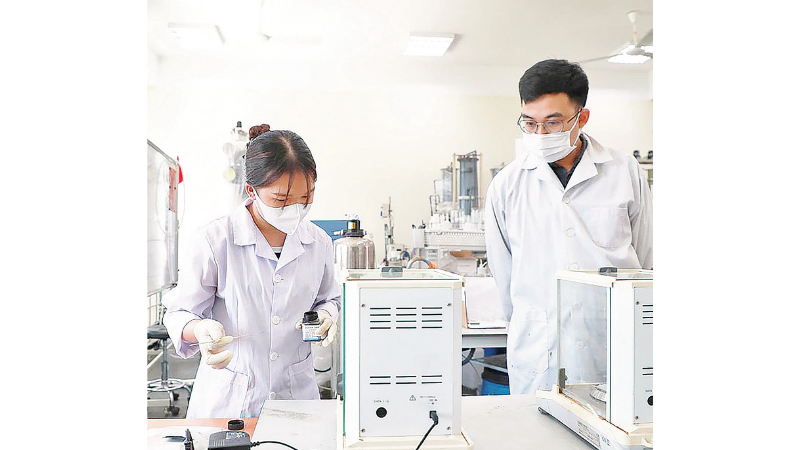
Focus on Party building, pioneering in governance innovation
The first notable achievement in the last term of the Party Committee of VNU is the solidarity, unity, building a democratic and cooperative working environment, creating a foundation for sustainable development, and best promoting the leadership role of Party committees at all levels. The work of building, perfecting and improving the quality of grassroots Party organizations and Party members has been focused on, the results of assessment and classification have become more and more substantial, with the rate of Party cells completing their tasks well reaching an average of over 97% annually; Party members completing their tasks well or better reaching 98%/year. By the end of 2024, the entire Party Committee of VNU had 961 admitted Party members, of which 558 were students and 14 were students, double the target for the entire term.
Implementing Resolution No. 18-NQ/TW, VNU reorganized its organization in a streamlined, efficient, effective and efficient manner, reducing from 36 to 25 focal points, achieving high consensus and maintaining solidarity within the entire Party; promoting the autonomous mechanism and restructuring the apparatus in a streamlined manner, associated with upgrading and developing a number of units according to the roadmap to perfect the multi-sectoral and multi-disciplinary structure, focusing on developing innovation capacity.
VNU grants high autonomy, linked with accountability to units, focuses on strategic management and quality; strengthens inspection, supervision, coordination, and linkage between units and directly implements major tasks that are interdisciplinary, inter-disciplinary, and have far-reaching influence. Member units and affiliated units are autonomous in organization and operation to promote their own professional advantages while still ensuring the mechanism of connection, linkage, and use of common resources of the entire VNU for development.
Digital transformation and administrative innovation at VNU have made remarkable progress. Information technology infrastructure, databases, and management software have been modernized, synchronously connected between the inner-city campus and Hoa Lac, contributing to streamlining and digitizing administrative procedures. By the end of 2024, 95% of learning materials will be digitized; 100% of staff and student data will be digitized; 20% of subjects in each program will apply online teaching.
Establishing a position in training and scientific research
The current scale of university training at VNU is more than 60,000 students, exceeding the target by 26.5%. Training programs are flexibly adjusted to meet the requirements of socio -economic development and supply of high-quality human resources. In particular, the structure of industries and fields is adjusted towards increasing the block of engineering and technology, health sciences and digital creative arts (reaching 30% of the total training scale), reaching 40% in the 2024-2025 school year, from 2026 aiming for the target of 65%.
Internationalization is a strategic pillar in training, VNU is comprehensively restructuring the curriculum, teaching methods and organizational model according to international standards. One of the important highlights is shortening the undergraduate training time to 3 years, applying the 3-semester/year system, helping students proactively plan their path and quickly enter the labor market.
Every year, VNU trains nearly 10,000 bachelors, thousands of masters and hundreds of doctors; organizes human resource training to serve the research and dissemination and propaganda of political theory for the Party and State at university and postgraduate levels; makes important contributions to training and fostering the capacity of leaders and managers of departments, ministries, branches, localities and enterprises.
VNU's science and technology activities have achieved remarkable achievements, initially applying the computerization process, building and putting into operation a system of software for managing science and technology activities, significantly shortening administrative procedures. Financial resources have been and are being invested in the next term in the field of science and technology, increasing dramatically, estimated at more than 3,520 billion VND. The number of scientific staff continues to increase, out of a total of 5,291 staff, there are 2,878 scientific staff; the percentage of lecturers with doctoral degrees is 67.3%; the percentage of lecturers with the title of professor, associate professor is 21%... In the 2020-2025 term, the total number of scientific articles published in the ISI/SCOPUS system is 9,751, 2.7 times more than the previous term.
VNU's science, technology and innovation network has been restructured with 15 research programs; 8 priority cutting-edge technology areas (including: semiconductor chip technology, artificial intelligence, digital technology, biomedical technology and agriculture, environment, robotics and automation, energy and advanced materials, quantum technology); 46 strong research groups; the laboratory system has been invested and modernized, including 9 key laboratories, 1 national key pilot laboratory. The High-Tech and Innovation Park is associated with the development of applied research and transfer units (reorganizing member research institutes, implementing the establishment of the Institute of Semiconductors and Advanced Materials, the Institute for Research on the Application of Artificial Intelligence in Sustainable Development, the Institute of Quantum Technology, the VNU Investment and Development Joint Stock Company, the Science and Technology Business Incubator, science and technology development funds, etc.).
Breakthrough development and international integration
Financial resources, physical infrastructure and digital infrastructure have achieved many achievements. The construction of the VNU Urban Area in Hoa Lac and up to now, most of the member units and affiliated units have officially moved their headquarters to Hoa Lac is a major task and has been identified as a breakthrough of the VNU Party Committee in the past term. According to the plan, by the end of 2025, the VNU Urban Area will reach more than 480,000 m2 of construction floor, with nearly 20,000 full-time students and about 2,000 students studying national defense and security periodically, marking the transformation of VNU towards a new development space in terms of facilities, academic life and university administration.
The advantages of its organizational model and its role as the leading university in Vietnam have allowed VNU to cooperate with major universities around the world. Along with maintaining hundreds of traditional international partners, in recent times, VNU has expanded its cooperation with the world's leading prestigious universities such as: Tsinghua University, Peking University, Seoul National University, National University of Singapore, Nanyang Technological University, University of Tokyo, Paris-Saclay University, RMIT University, University College Dublin, and many leading universities in Russia, France, Korea, etc. Through international cooperation, VNU has pioneered in promoting international student and lecturer exchange activities. VNU has always been the destination of world-famous universities, educational-scientific organizations, scholars, politicians and social activists.
VNU's university rankings are constantly improving. According to the QS rankings (world university rankings), VNU is currently ranked in the 761-770 group of the world's best universities, continuously increasing by more than 100 places per year in the past 3 years. In the Times Higher Education Impact Rankings, which takes into account the 17 sustainable development goals of the United Nations, VNU is ranked 70th in the world in terms of quality education. In the QS World University Rankings on sustainable development 2025, VNU is ranked 325th in the world, 51st in Asia and number 1 in Vietnam. Many important indicators, majors/fields are in the top 500 universities in the world.
Promoting national responsibility, scientists of VNU continue to affirm and promote their role and academic prestige in carrying out national tasks: Participating in summarizing practices, researching theories, especially the Resolutions of the Central Committee and the Politburo with many research works providing scientific basis and arguments for policy advice to the Party and State; deeply participating in consulting, criticizing, and giving comments on the National Master Plan, Hanoi Capital and localities for the period 2021-2030, with a vision to 2050.
In the 2025-2030 term, the Party Committee of VNU aims to become a “Research and Innovation University among the world’s leading universities” by 2030. To achieve this, VNU continues to promote decentralization in university governance, finance and facilities, while ensuring human resource connectivity and resource sharing.
Most recently, the Government issued a Decree on National Universities. This is a historic turning point, affirming that VNU is not only the core of Vietnam's higher education system but also creates a new mechanism to fully promote its potential to carry out new missions in the era of development. With the attention of the Party and State leaders, the support and creation of ministries and branches, and the strong internal strength of the team of lecturers, scientists and students, VNU is on a journey of breakthrough development to become a symbol of innovation, making practical contributions to the sustainable development of the country.
Source: https://nhandan.vn/tao-lap-vi-the-moi-cua-co-so-dao-tao-nghien-cuu-hang-dau-ca-nuoc-post894243.html


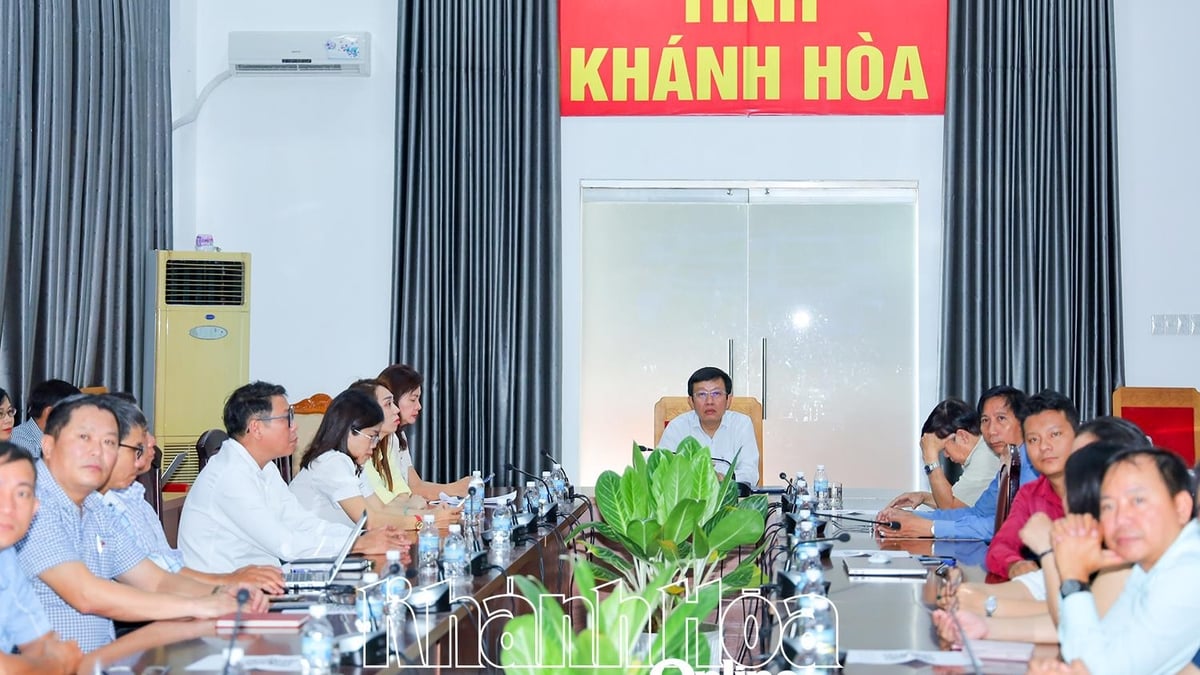


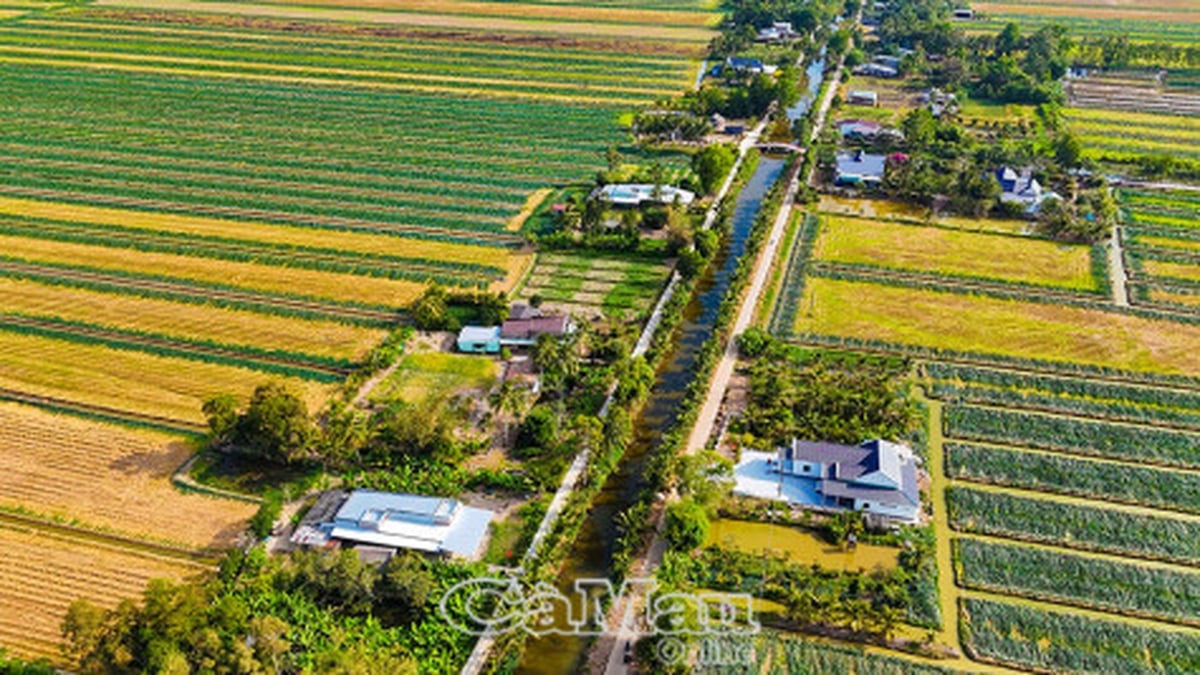
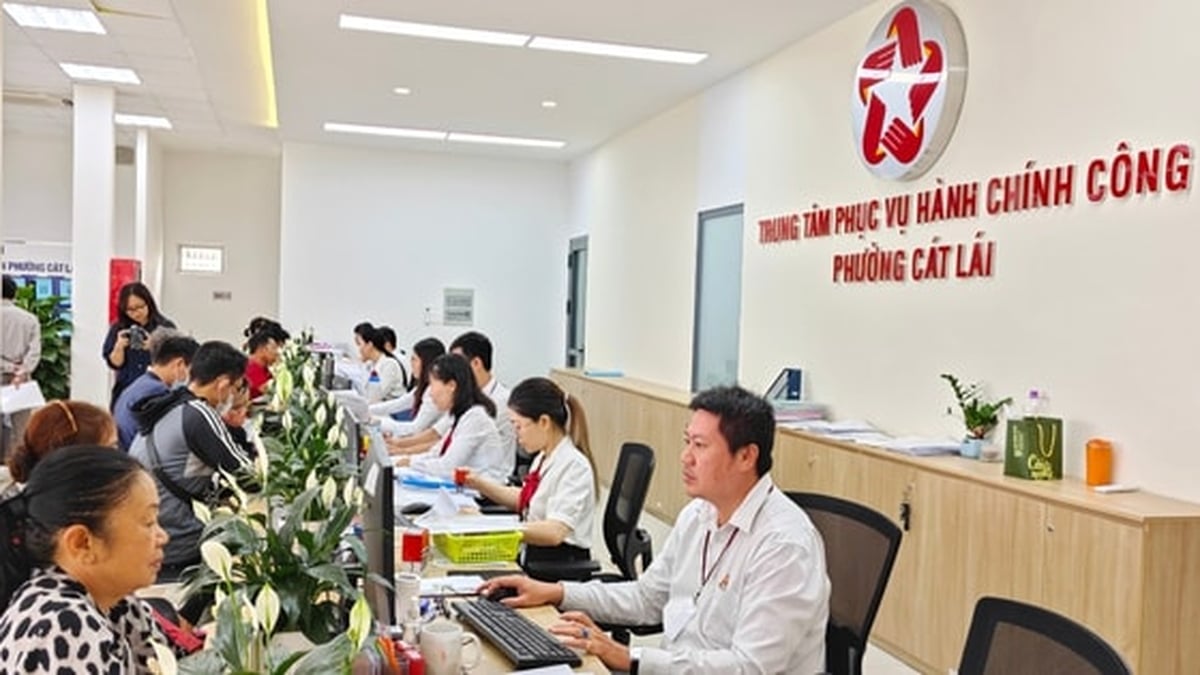
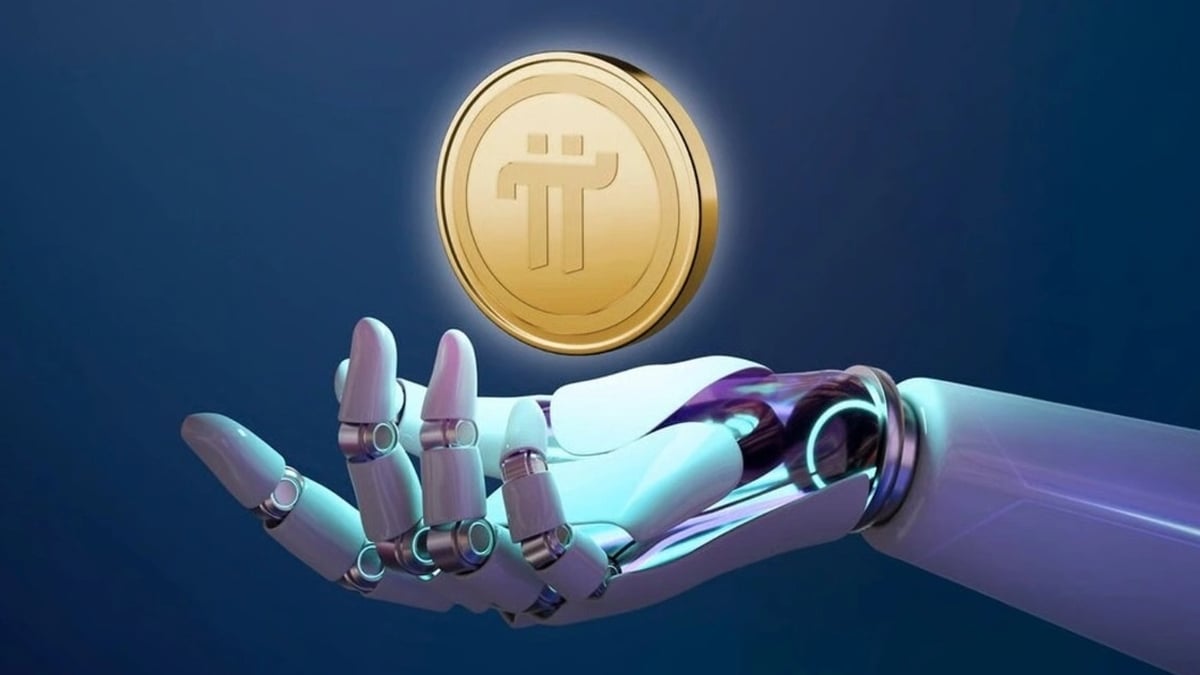
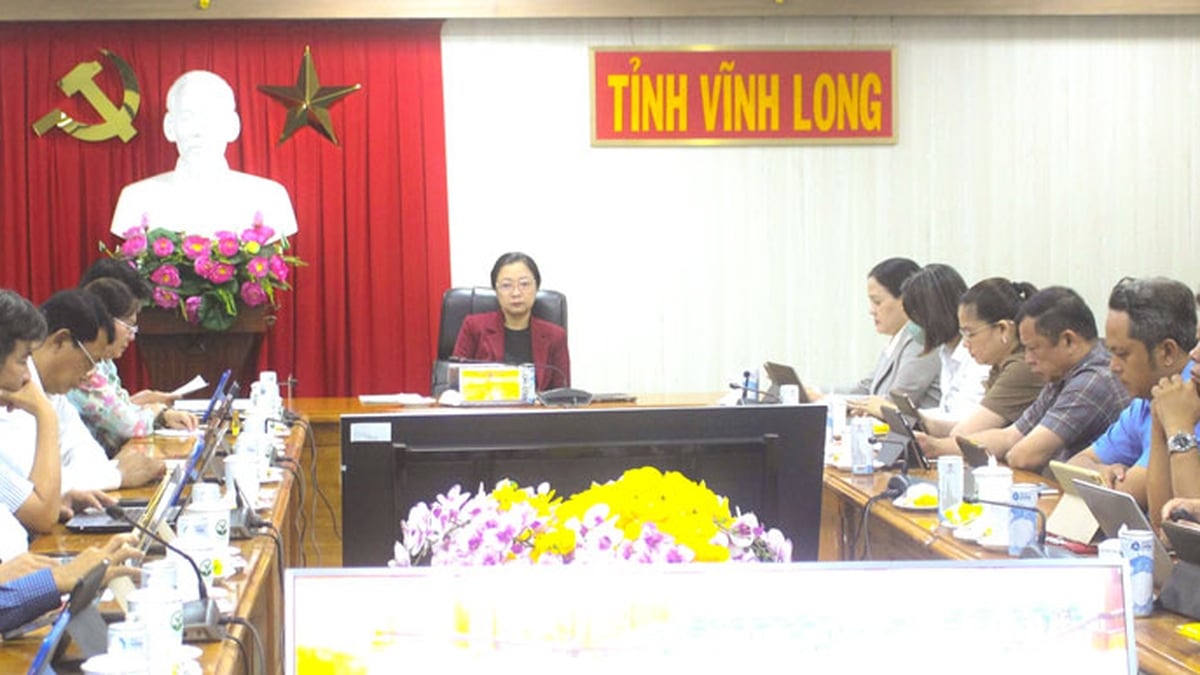
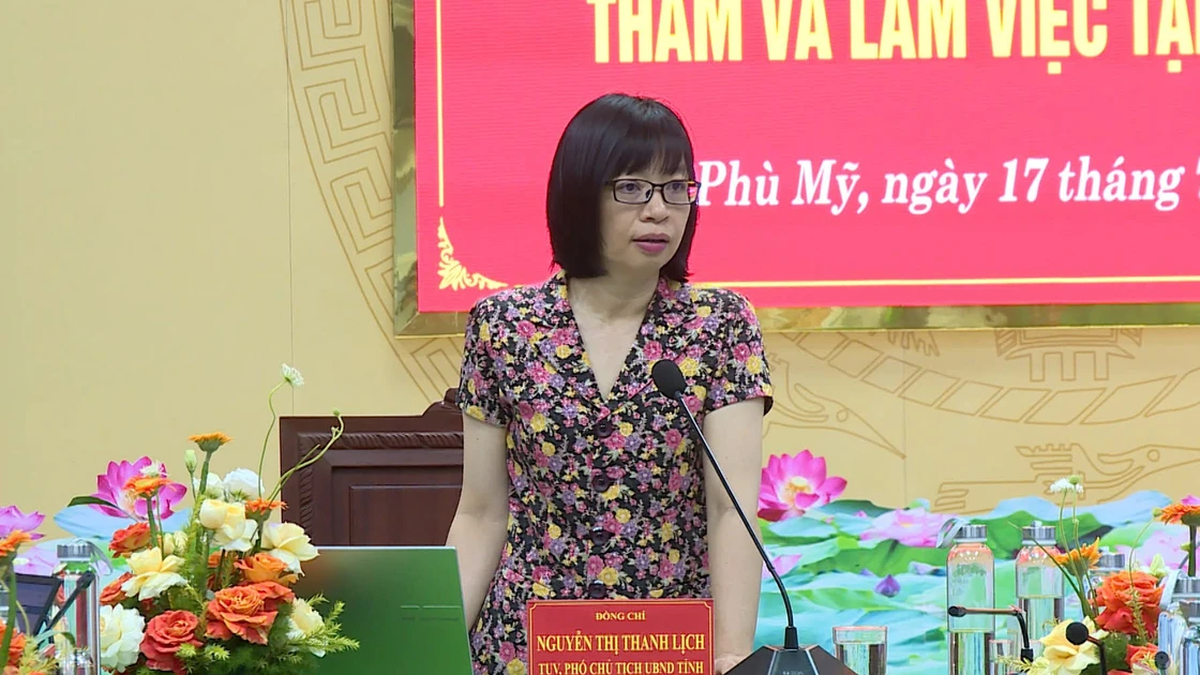
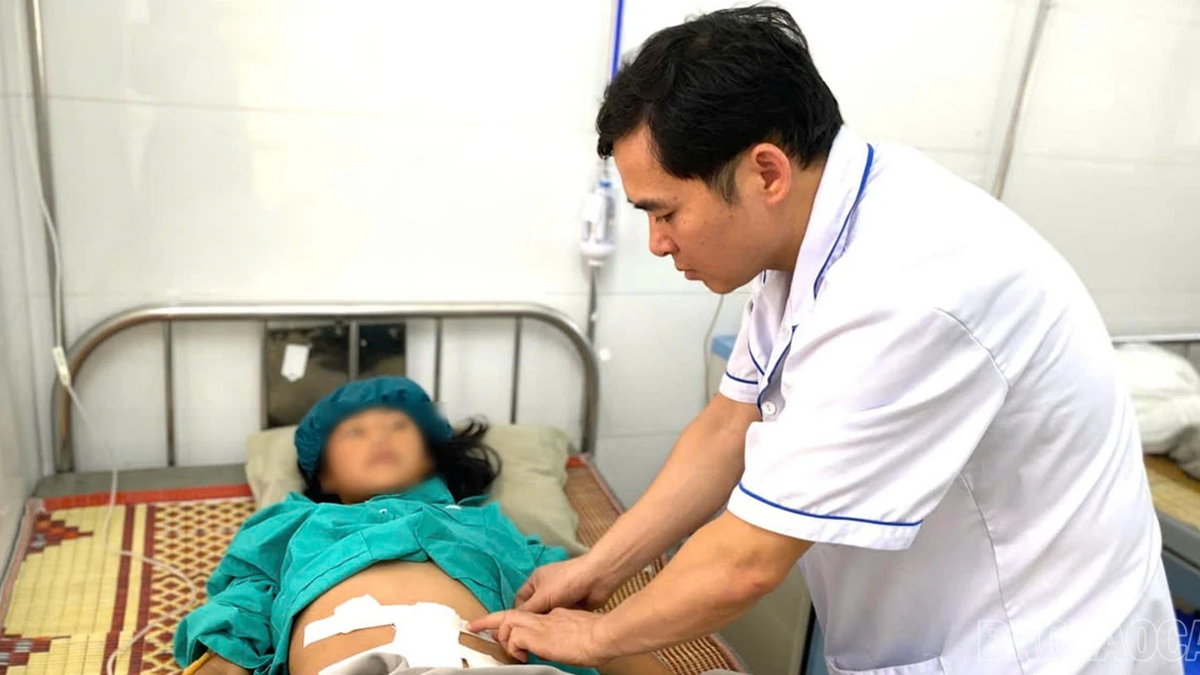
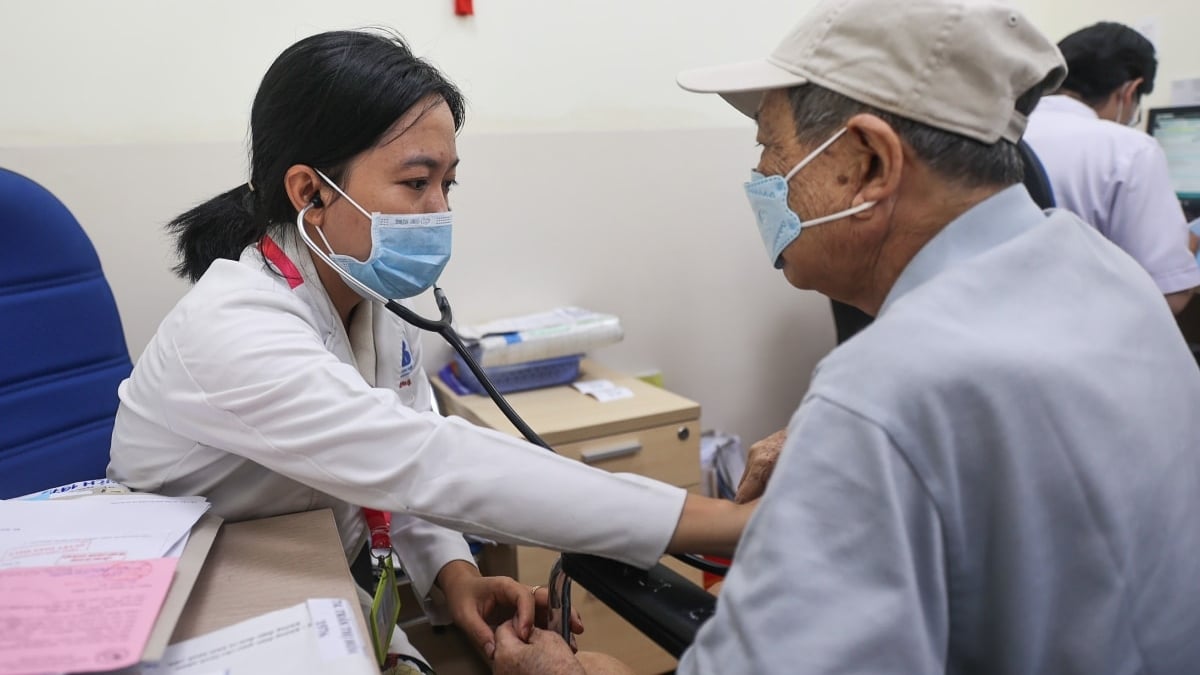








































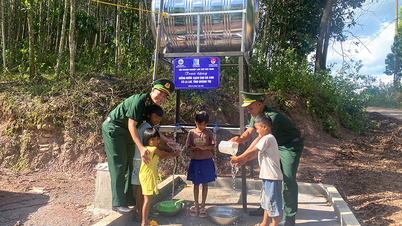


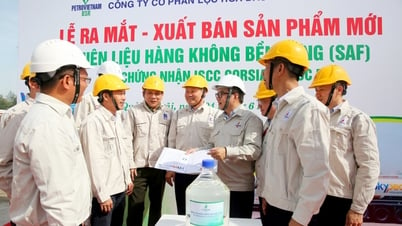





![[Maritime News] More than 80% of global container shipping capacity is in the hands of MSC and major shipping alliances](https://vphoto.vietnam.vn/thumb/402x226/vietnam/resource/IMAGE/2025/7/16/6b4d586c984b4cbf8c5680352b9eaeb0)






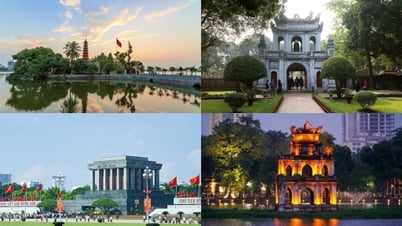



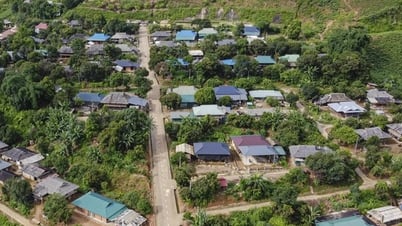

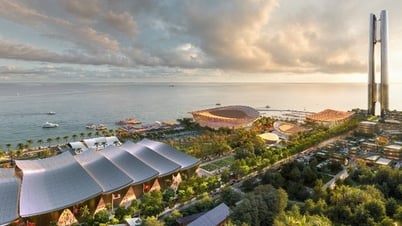

























Comment (0)